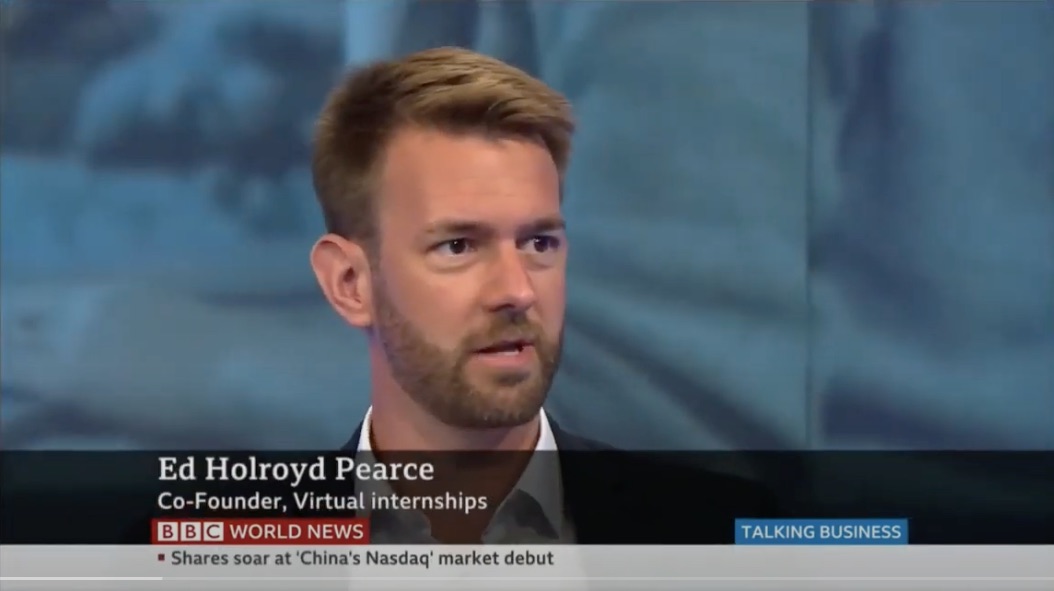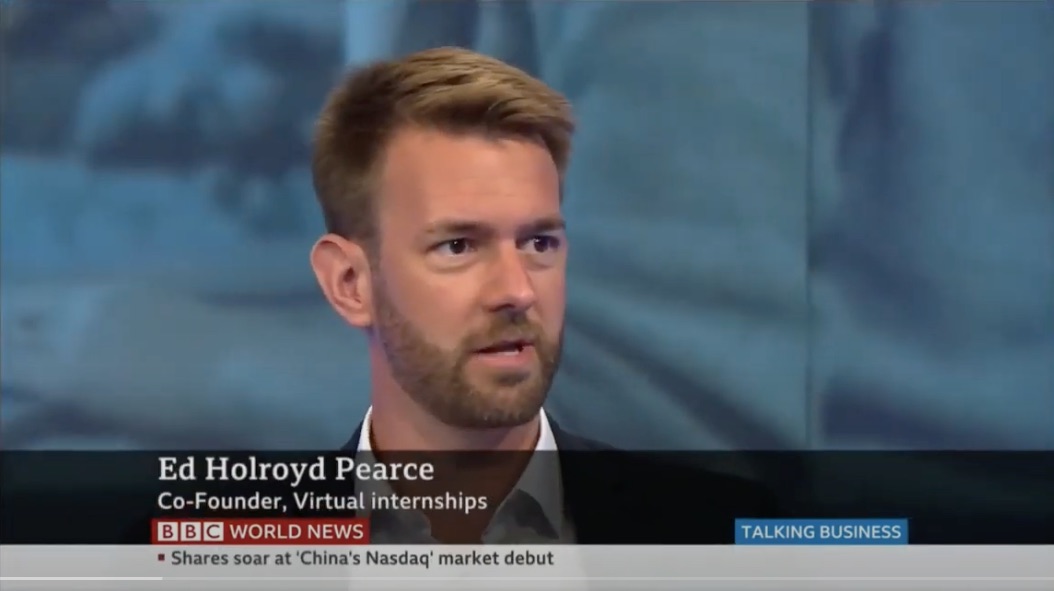Jump Aboard: Why FE Should Embrace Career-Integrated Learning

New Ways of Working
As employment rates in all regions of the UK return to pre-Covid levels, it is easy to let complacency seep back. However, we need to remain cognisant that average tenure in jobs has been vastly reduced, job-hopping is on the rise, and employers are still bemoaning new-joiners who are not work-ready. Certain industries and employment scenarios have wholeheartedly embraced the upsides of coronavirus related trends in remote and flexible working, but without a concerted effort, FE audiences will miss out on these new ways of approaching the world of work.
Work Ready?
FE colleges are on the back-foot from day one – entrants rarely have significant careers exploration opportunities pre-16, and yet are expected to select – and then become passionate and knowledgeable about – very narrow career goals in a short time period. FE courses and employer-led apprenticeships rarely encompass the broader career exploration opportunities which are seen more commonly in the US, and in higher education careers departments. Meaningful work-based learning and directed career exploration is fundamental to support students to make the right post-16 choices for themselves – whether that be university or workforce. The great news is that access to career exploration is now potentially within reach of almost every student.
Remote Flexibility
The increasing availability of online solutions deployed by companies during the past two years – allowing for high levels of integration, immersion and awareness for employees during the pandemic – must be harnessed and repurposed as quickly and widely as possible for FE audiences. Insight programs and guided internships, in which one or more companies are responsible for creating scenarios, tasks or projects, (where an intermediary entity handles the ongoing student interactions and maximises learning outcomes) are a model that is proving feasible, sustainable and mutually beneficial. The added accessibility benefits of online delivery mean barriers, geographic or societal, can be significantly reduced (provided there is good access to computers and broadband of course!). Furthermore, SMEs which would normally struggle with resourcing such programmes are far more likely to participate – leading to a less top-heavy exposure for learners.
This is How
Two companies that offer a workable solution to the lack of career exposure for FE learners are Founders4Schools and Virtual Internships. Founders4Schools tackles the career exploration gap by allowing schools to book one-off talks and workshops with industry figures, standardising the requests made of the speakers and maximising audiences via online delivery where possible. Virtual Internships addresses the challenge by using host companies for the real-world case studies, while the VI team provides the structure and professional development content that companies and schools are often unable to commit to. Mentorship and additional engagement opportunities over the course of a 4-week program improve outcomes without putting the burden on employers. Additional upsides of global reach, multi-disciplinary dove-tailing of content, and engaging gamification have been added to the mix as the program has been rolled out.
There is good reason to be optimistic about the availability of sophisticated career exploration avenues in the future, yet FE practitioners should maintain an innovative and open-minded approach and seize opportunities to provide exposure to real-world work scenarios that can make the difference between graduates not being work-ready and being ready for work.

Ed Holroyd Pearce, President and Co-Founder of Virtual Internships
About Ed: Ed is co-Founder and President of Virtual Internships, a VC backed UK company which provides transformative remote yet global work experience for young people worldwide. Before running Virtual internships, Ed jointly ran CRCC Asia, arranging over 10,000 successful work placements in Asia for clients such as the British Council. Prior to this Ed worked in Asset Management and before that at a Chinese Airline. Ed is passionate about employability, social mobility and Asian language and culture and is involved with several related institutions at board level. He was educated at Cambridge University, later completing a masters degree at SOAS, and gaining an MBA at Bayes Business School.











Responses